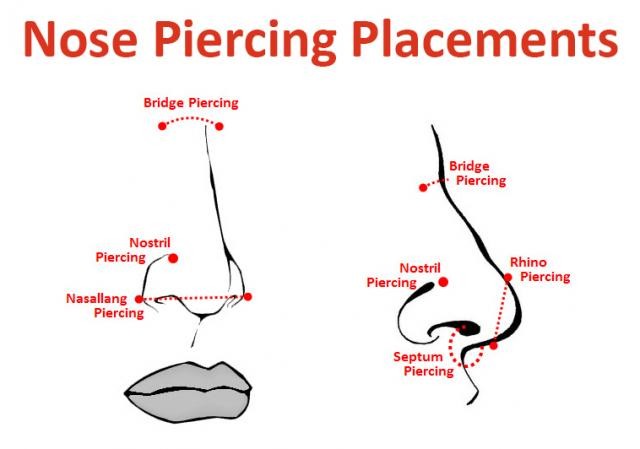6 Tips For A Painless Closing On Your Home
Post on: 4 Апрель, 2015 No Comment

Highlights
- Prepare for your closing day or court frustration.
- Ask plenty of questions and review loan documents ahead of time.
- Anticipate the unexpected by taking the day off and being flexible.
You finally found the house of your dreams. You signed a contract and got approved for a mortgage. You’ve even hired the movers. Now comes the most important part: the closing day.
More On Home Closing:
real estate
Ask questions
Knowing what to expect and communicating with all parties involved in the deal are key to a successful closing, says Neil Garfinkel, a New York real estate attorney at Abrams Garfinkel Margolis Bergson LLP.
A week before closing, talk to the people who are representing you, and tell them you’d like to spend a couple of minutes to discuss what to expect, Garfinkel says.
Don’t be afraid to bother your loan officer or your agent, says Jeff Richardson, a Realtor at Alliance Bay Realty in Newark, Calif.

Stay on them, he says. Ask them ‘Do you have everything you need?’ Don’t assume everyone knows what they are doing.
Humans make mistakes — that may jeopardize your closing
Richardson says he recently represented a buyer whose closing failed because of missing loan documents. The buyer was a co-signer on his brother’s mortgage, and the lender had requested 12 canceled checks showing that the brother, not the buyer, was making the payments on the old mortgage. The buyer could come up with only eight checks, and the loan officer said that would be enough. That was weeks before closing.
I kept saying that wasn’t going to work, says Richardson, who also worked as a mortgage broker in the past. The requirement is 12 checks. How can eight checks be sufficient?
Three days before closing, the lender said it couldn’t issue the loan without the 12 checks, and the deal was canceled.
Featured Rates
Sometimes people don’t know as well, Richardson says. I asked his loan officer, ‘How can you give someone an approval letter when you don’t have all the documentation?’ And his answer was, ‘Well, now I learned it.’
Review loan documents in advance
One way to help ensure all is going as planned is to tell the lender you want to review the documents before closing, or ask your attorney to get that for you.
By law, you have the right to review the closing settlement statement, or the HUD-1 form, at least 24 hours prior to closing. Compare that form to the good faith estimate, or the GFE form, you received when you applied for the loan.
You should have everything you are going to sign before you sign it, Richardson says. A lot of people don’t do that. When they get to closing, they are nervous, and they just want to sign and get the keys. That’s how people get in trouble.














